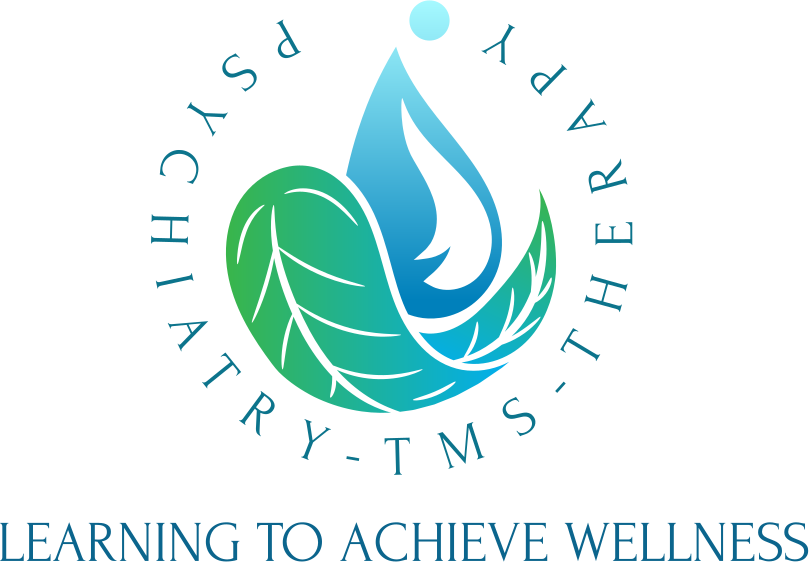No, the two procedures are very different. While both are effective in the treatment of depression, there are many differences in safety and tolerability.
During NeuroStar Advanced Therapy TMS, patients sit in a chair and are awake and alert throughout the entire 19-37 minute procedure – no sedation is used with NeuroStar Advanced Therapy TMS. Patients can transport themselves to and from treatment.
In over 10,000 active treatments with the NeuroStar Advanced Therapy system in clinical trials, no seizures were observed. NeuroStar Advanced Therapy TMS was also shown to have no negative effects on memory function in these studies.
In contrast, “shock therapy,” or electroconvulsive therapy (ECT), intentionally causes a seizure. Patients receiving ECT must be sedated with general anesthesia and paralyzed with muscle relaxants. Recovery from an ECT treatment session occurs slowly, and patients are usually closely monitored for minutes or a even few hours after a treatment.
Short-term confusion and memory loss are common with ECT, and long-term disruptions in memory have been shown to occur and may persist indefinitely in some people. Because of the side effects associated with ECT, a significant amount of caregiver support is required.
